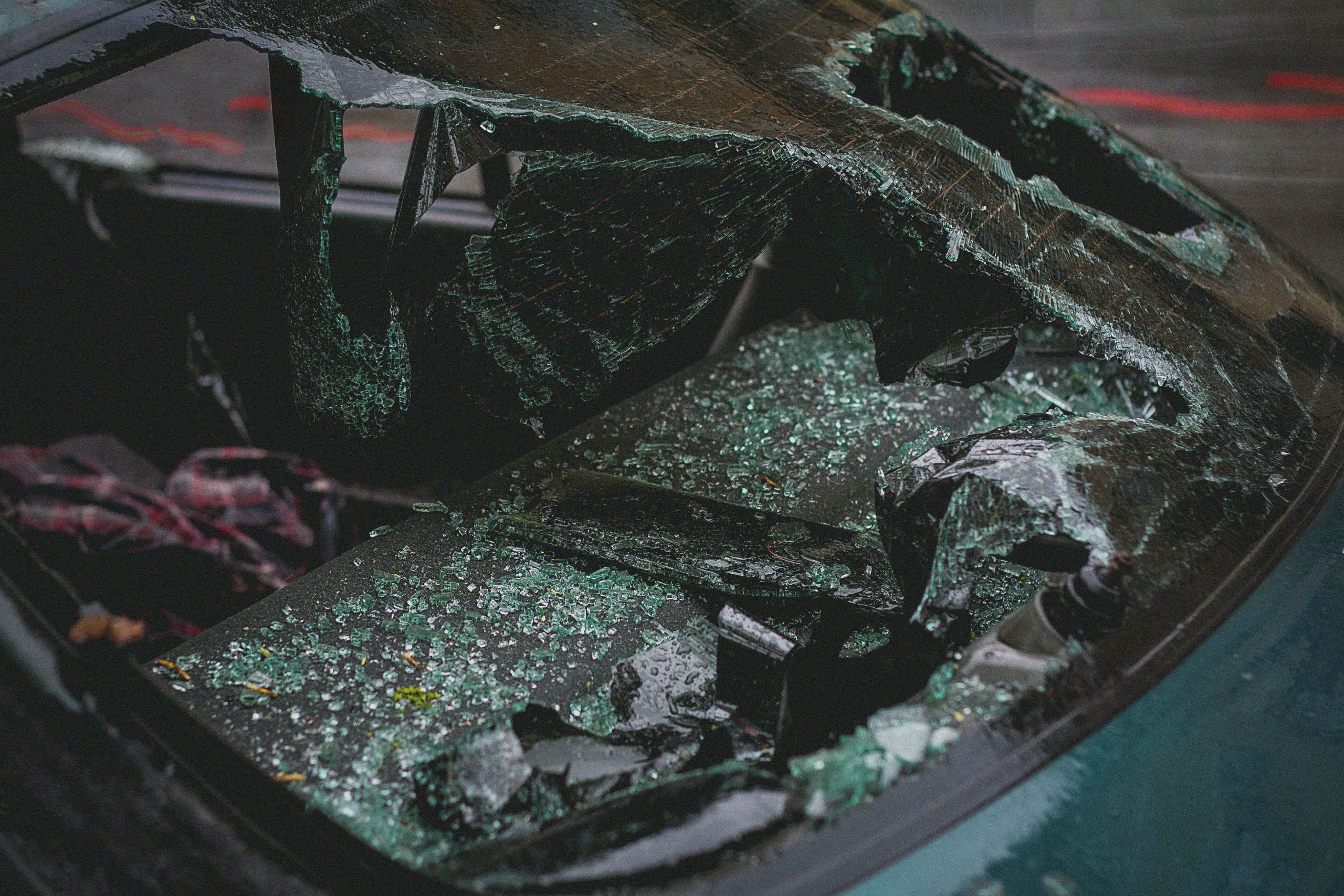Understanding Post-Accident Car Repair Challenges: When Insurance and Repairs Don’t Go as Planned
Navigating the aftermath of a car accident can be a stressful experience, especially when unexpected issues arise during the repair process. Recently, I faced a situation that highlights the complexities of vehicle repairs after an insurance claim, and I want to share my experience to shed light on potential pitfalls.
The Incident and Initial Repairs
A few weeks ago, I was rear-ended by another driver. I promptly filed a claim with their insurance company, which acknowledged liability. They directed my car to an authorized repair facility to address damage primarily to the rear bumper and backup camera system. Prior to the accident, my vehicle was in excellent condition, running smoothly without any electrical or mechanical issues.
Challenges During and After the Repair Process
While the repair shop kept delaying the pickup date, they eventually informed me that my car was ready. However, upon retrieval, I discovered that the vehicle would no longer start. The repair shop claimed there was an electrical wiring problem, but notably, they denied any responsibility, suggesting that I must arrange for towing and repairs at my own expense.
Pre-accident, my vehicle functioned flawlessly—diagnostic tests confirmed it had no underlying issues beyond the damaged bumper and backup camera. It was frustrating to learn that, after repairs, my car’s electrical system was compromised, even though the repair scope did not include electrical work.
Dealing with Insurance and Repair Outcomes
When I contacted the at-fault driver’s insurance company, I was met with a lack of accountability. They essentially wash their hands of the problem, leaving me to handle a vehicle that now refuses to start and a towing bill I hadn’t anticipated.
Reflections and Advice
This experience underscores the importance of understanding your rights and options after a collision. If faced with similar circumstances, consider the following steps:
- Document all communications and repairs thoroughly.
- Seek a third-party evaluation if electrical or mechanical issues emerge unexpectedly.
- Consult with a qualified automotive professional or legal advisor to explore your options.
- Investigate whether your own insurance policy provides coverage for post-repair issues or towing.
In conclusion, dealing with repair issues following an insurance claim can be complicated, and sometimes, the responsible parties may not accept liability for secondary problems. Staying informed and proactive can help you navigate these challenges more effectively.
Have you experienced similar difficulties after vehicle repairs? Sharing your insights could help others facing the same situation.



